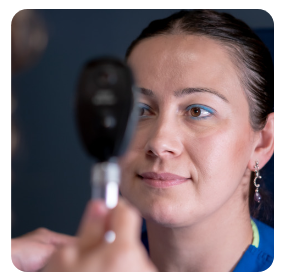- 8939110000
Having the flu can be dangerous for anyone. But it is extra risky for people with diabetes or other chronic health problems. Having diabetes means having more instances of high blood glucose (blood sugar) than a person without diabetes. High blood glucose hinders your white blood cells’ ability to fight infections.
People with diabetes face a higher risk of severe illness from any infection, including influenza. That’s why it is so important that those with diabetes get their flu shot each season.
Our Specialised Diabetes Services
Are you suffering from?

chest-burn

urinary-problem

Thirst-hunger

weightloss-gain

Non-healing Wounds

Joint Pain

Eye Problems

Burning Foot
Frequently Asked Questions
Does flu vaccine affect diabetes?
Influenza (the flu) vaccines are safe and effective for people with diabetes, including type 1, type 2, and gestational diabetes.
How do I tell whether I have the flu or common cold?
Both the flu and the common cold result from viruses, but the flu packs much more of a punch. You may have similar symptoms at times, but some are more distinct for the flu or a common cold.
Does the flu shot cause type 1 diabetes?
No, it does not. Scientists do not know what specifically causes type 1 diabetes (T1D), but there is no evidence that flu shots, nor any routine childhood immunizations to protect against other diseases (measles, polio, etc), cause this autoimmune condition.
What are the symptoms of common cold?
- Sneezing
- Stuffy or runny nose
- Cough or chest
- Discomfort
- Slight aches
- Fatigue or weakness
- Sore throat
What are the symptoms of flu?
- Body aches (these tend to be a key warning sign for most people that they have the flu, rather than a cold)
- Fever
- Cough
- Sore throat
- Runny or stuffy nose
- Headache
- Chills
- Fatigue
- Vomiting
- Diarrhea
How long is the influenza vaccine effective for?
Protection lasts around 6 to 8 months, starting two weeks after you receive the vaccine. Once the season ends, the flu shot does not protect you any longer: you will need a new vaccination for the following year’s season.
How often does the influenza vaccine need to be administered?
Annual vaccination is the best way to prevent influenza in people ages 6 months and older. An annual vaccination to prevent flu is the best way to reduce the risk of getting the flu and spreading it to others.
Dr. Mohan's Diabetes Specialities Centre
Tamil Nadu. Telangana. Kerala . Karnataka . Andhra Pradesh . West Bengal . Odisha
© 2022, All Rights Reserved, Dr.Mohan’s Diabetes Specialities Centre









